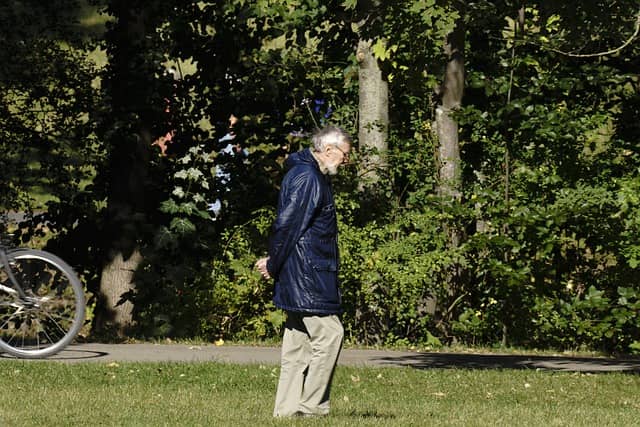COVID-19, a factor of social exclusion for older people
They can develop protective elements to overcome and emerge transformed from the pandemic. It is possible to go against the symbols that stereotype this sector as weak, without strength. Positive emotions are relevant in the process of resilience.





